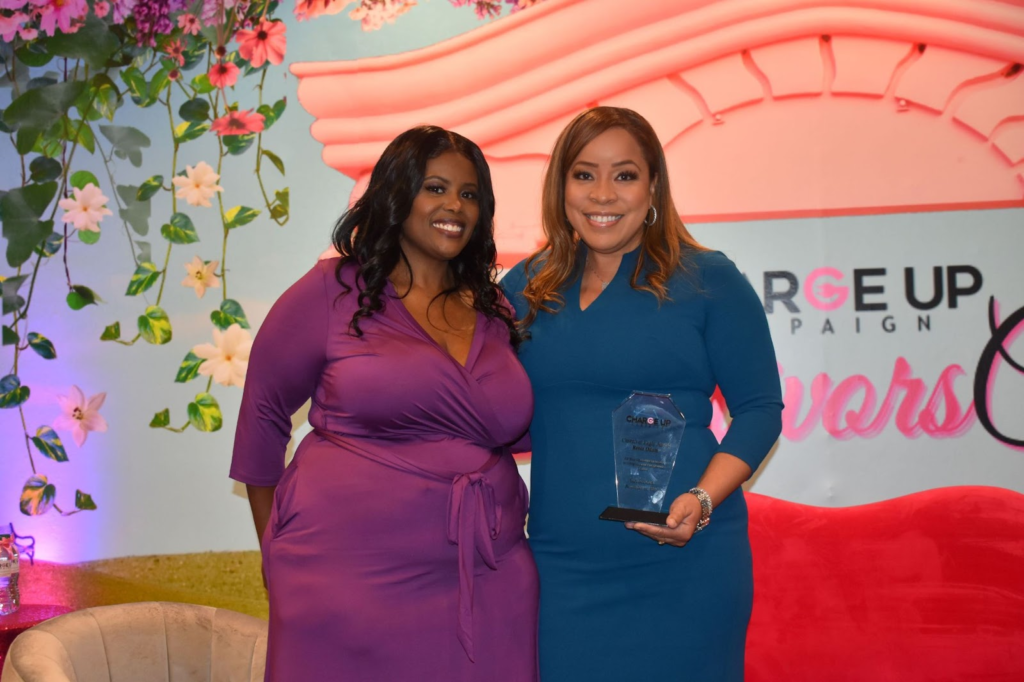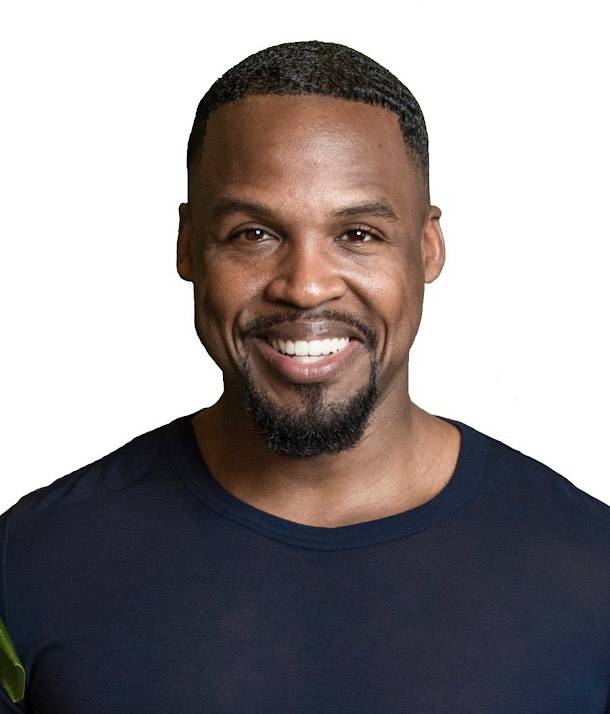Grief has a way of stopping time—but for Canillia it became the fire that sparked a mission. After losing her father, she turned heartbreak into healing, founding the Black Men’s Mental Health Conference and becoming a fierce advocate for emotional wellness in the Black community. With a heart full of purpose and a vision rooted in personal loss, she’s now leading a nationwide conversation on what it really means to prioritize mental health—especially for Black men who have been told for far too long to suffer in silence.

FEMI: You’ve been incredibly open about the painful loss of your father and how it sparked your mission. Looking back, what helped you transform such a traumatic moment into a movement for healing—and why did you choose to focus on Black men’s mental health specifically?
Canillia: Reflecting on my father’s passing, it was undeniably a deep and painful loss. Initially, it felt overwhelming, but I found strength in the legacy he left behind and the resilience he modeled. I realized that sharing my story could be a way to heal and help others facing similar struggles and for others to overcome grief.
I chose to focus on Black men’s mental health because, historically, stigma and cultural barriers have often silenced our communities. When individuals pursue a medical career, they select a specific specialty. While mental health affects all men regardless of race, I chose to specialize in Black men because my father is a Black man. Furthermore, by addressing these issues directly, I aimed to create a safe space where Black men could discuss mental health openly, free from fear or shame. The first image of a man I have, shaped by painful loss, is that of a Black man.
FEMI: Founding the Black Men’s Mental Health Conference is no small feat. What has been the most eye-opening or transformative moment for you during these conferences, and how do you measure the impact it’s having in the community?
Canillia: Founding the Black Men’s Mental Health Conference has been an incredibly impactful journey. Every time I bring a location to life and execute, it gives me a little more healing for my own journey. One of the most transformative moments was witnessing the genuine connections formed among participants sharing their personal stories. It highlighted the power of vulnerability and community support.

FEMI: As a mother, author, and advocate, how do you personally prioritize your own mental wellness while holding space for others? What does healing look like for you today, and how has it evolved since your father’s passing?
Canillia: As a mother, author, and advocate, I prioritize my mental wellness by creating boundaries and carving out time for self-care. This often involves setting aside moments in my day for reflection, whether through journaling, meditation, or simply enjoying a latte. I also make it a point to stay connected with supportive friends and engage in activities that bring me joy.
FEMI: With your third annual conference approaching in both Columbus, MS and Atlanta, what message do you want to leave attendees with this year—and how can communities better support the emotional well-being of Black men beyond the events?
Canillia: I am absolutely thrilled. Although it’s our third annual event, this year marks the 10th and 11th editions of our conference. We want to highlight the theme of ongoing empowerment and healing. Our message to attendees is that their emotional well-being is a top priority, and mental health is the new wealth. We aim to foster open conversations and nurture networks that promote mental health and resilience, encouraging Black men to feel heard, supported, and valued.
FEMI: Your story bridges the deeply personal with the powerfully public—grief, advocacy, and generational healing. What do you hope your father sees in the legacy you’re building, and how do you continue to honor his memory through your work?
Canillia: I hope my father understands that, even though I couldn’t save him, I’m dedicating each day to helping men who remind me of him—other Black men. I hope he sees my commitment to upholding the values he taught me: compassion, resilience, and the drive to make a positive difference. I’m striving to connect the personal with the public, using my story as a platform for advocacy and healing, both for myself and for others facing similar struggles.

In his honor, I will remain dedicated to initiatives focused on healing and raising awareness about suicide prevention. Whether through community projects, storytelling, or policy work, each effort will celebrate his impact and the chance to save him that I couldn’t, moving us toward a brighter future. In additin, through projects and initiatives, I strive to create spaces where open conversations can lead to healing and understanding.
As she gears up for the next round of conferences in Columbus and Atlanta, the message is clear: healing is not a one-time event—it’s a journey. Through each heartfelt panel, powerful connection, and shared story, she’s building a legacy her father would be proud of. One rooted in resilience, compassion, and a refusal to let another Black man go unheard. Because in her world, mental health is more than a mission—it’s the movement her father unknowingly helped start.
Follow Us On Social Media!




